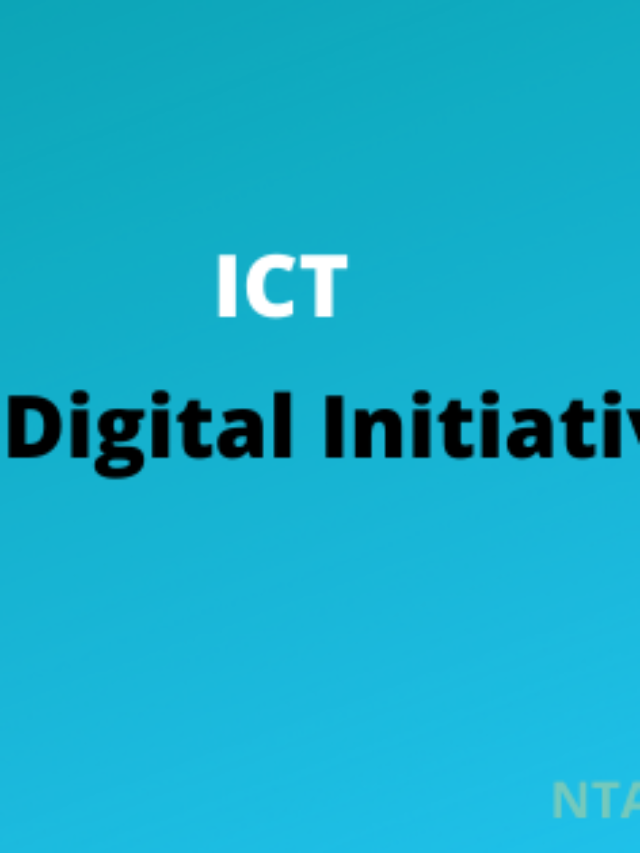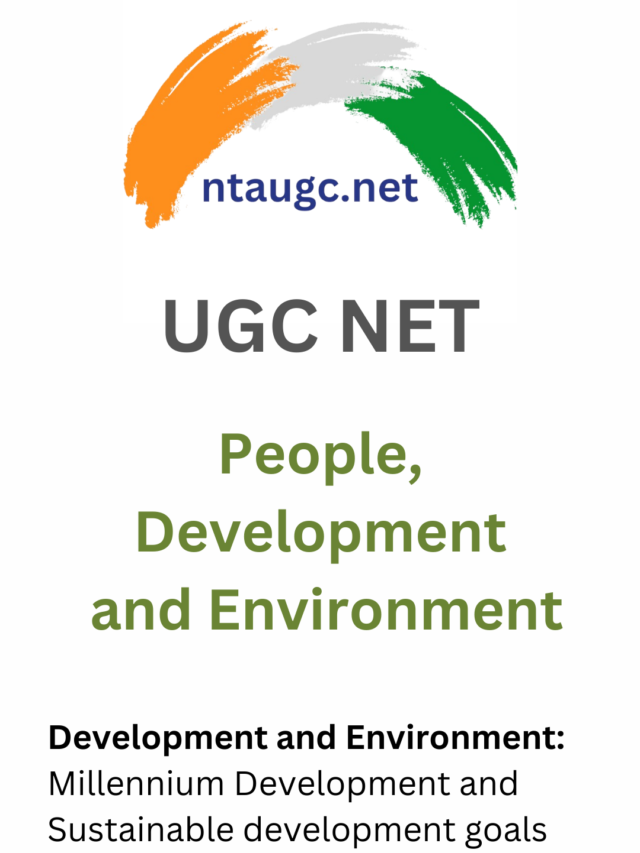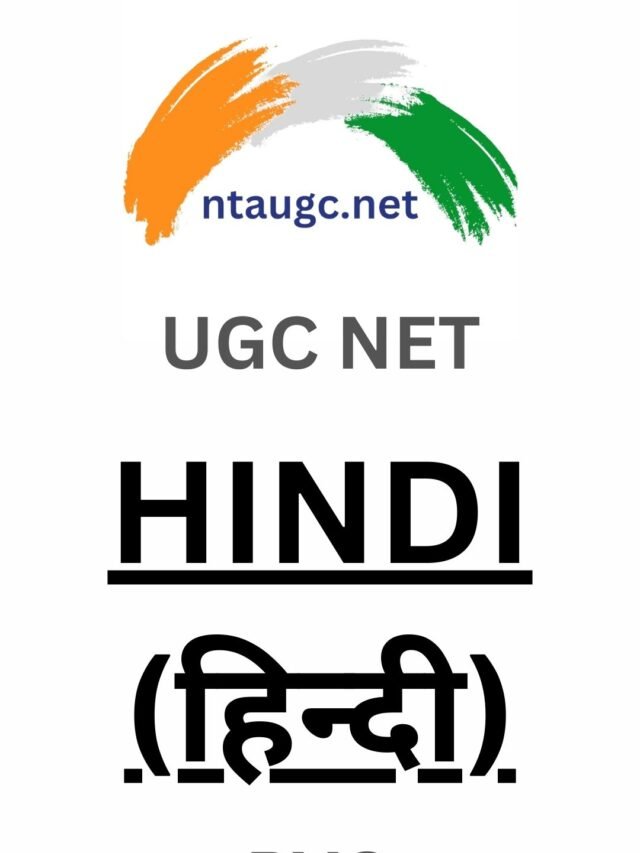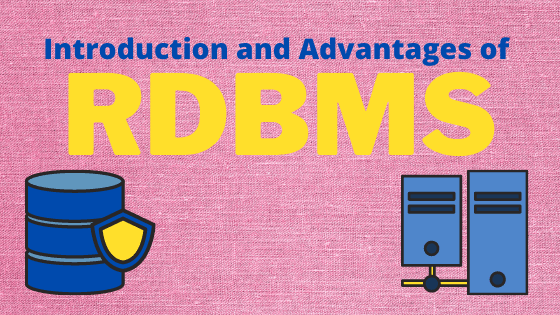We badly struggle to organize our stuff and our data.
Being organized can reduce stress and anxiety.
It also makes us feel in control of our day to day activities.
Let us explore ways to reduce the mess and organize all our important data.
RDBMS stands for Relational Database Management System.
What does that mean?
It is a database that stores data in rows and columns of a table.
A database can have one or more such tables.
As the name says, these tables are related to each other through some common information which they store.
Is RDBMS used only to store data?
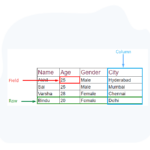
Is RDBMS used only to store data?
No
It not only stores data but also helps us to access and manipulate data safely.
As data is being stored in different tables, it helps us to get the information that we need at that moment.
Let us understand it better through an example.

Have you ever imagined how much data Facebook needs to store and manage user information?
It not only stores user’s personal information but also a lot of other related information.
Such as their activities, their friends, messages, preferences, and a lot more.
These varieties of information are stored in different tables.
And these tables are connected to each other with a common thread.
Our take – RDBMS is a system that stores and manages data and this data is stored in the form of tables.
History of RDBMS
RDBMS was first introduced by Edgar Frank Codd in the 1970s while he was working for IBM.

He was a brilliant computer scientist from England.
Initially, his concept was not accepted by IBM, it was only later that they started implementing it.
Codd proposed a model with simple tables containing rows and columns which replaced the hierarchical and navigational structures.
His model then became the basis of all modern-day RDBMS systems.
Isn’t this really interesting that his idea changed the way people thought about databases?
Databases designed in hierarchical and navigational structures were rigid and complex.
These were highly inflexible.
It was difficult to search for data from such databases.
Updating such databases was a tedious job. At times it required a complete redesign of the database. Thus, manipulating data became a time consuming and complex task.
Back in those days, both processing power and disk space came at a much higher cost.
All these reasons arose a need for a better and convenient database model.
A relational database is a collection of tables or relations
How does RDBMS make our life easy?
RDBMS can simplify the task of accessing and managing data for you.
Your data is pretty safe in RDBMS hands.
Even in case of accidental shutdowns or sudden power failure, RDBMS keep your data safe by taking frequent backups
Handling large quantities of data is as easy as pie.
RDBMS provides multi-user access too.
It means my system(RDBMS) can be handled by multiple users.
Some important features of RDBMS

Imagine you have enrolled for a course and provided a lot of information about yourself like name, email address, contact number, home address, course selected, etc.
In addition to these details, the institution will have to store more information related to you like the name of the teacher allotted, fee details, grades, attendance, etc.
We know that an institution is made up of different departments and each is responsible for handling different tasks.
So here, the fee collection department should not bother about grades or attendance.
Rather they would be interested in how much payment is made and how much is left by the student.
RDBMS has a feature to deal with this situation and that is Data Abstraction.
Data Abstraction :
- Data Abstraction means to hide unrelated information from the user and show only the relevant ones to each set of users.
- RDBMS database contains a lot and a lot of information.
- With this feature, RDBMS can hide irrelevant information and show only the relevant details.
- This ensures that the user gets access to the relevant data on which he is supposed to work.
Avoids Duplicate Data :
- It may happen that the same information is entered into the system in different instances.
- RDBMS handles this situation well.
- It removes all the multiple copies of the information and places the information in a single file.
- This is known as controlling data redundancy.
- It not only controls redundant data but also ensures that the data that is being stored is consistent.
Easy Data Manipulation :
In RDBMS, data is stored centrally so we can easily make changes in the data like- insertion, modification, or deletion.
There is a set of commands that are available to perform these operations on our database.
For instance, in SQL we use easily readable query language for data manipulations such as :
- SELECT for retrieving the rows
- INSERT for inserting new rows in the database
- UPDATE for updating an existing record
- DELETE for deleting any row of the database.
Data Security:
When we are storing crucial information it becomes a necessity to keep it safe, doesn’t it?
In RDBMS we can keep our data safe by:
- verifying user credentials
- limiting access to the crucial data by every user
Because of this, sensitive information can be kept hidden and it can be made accessible to only a certain set of users.
Concurrent Access:
- With RDBMS, multiple users can view and access the data at the same time.
- Concurrency basically means to run together.
- This means the same data is retrieved and updated by many users.


